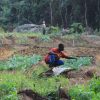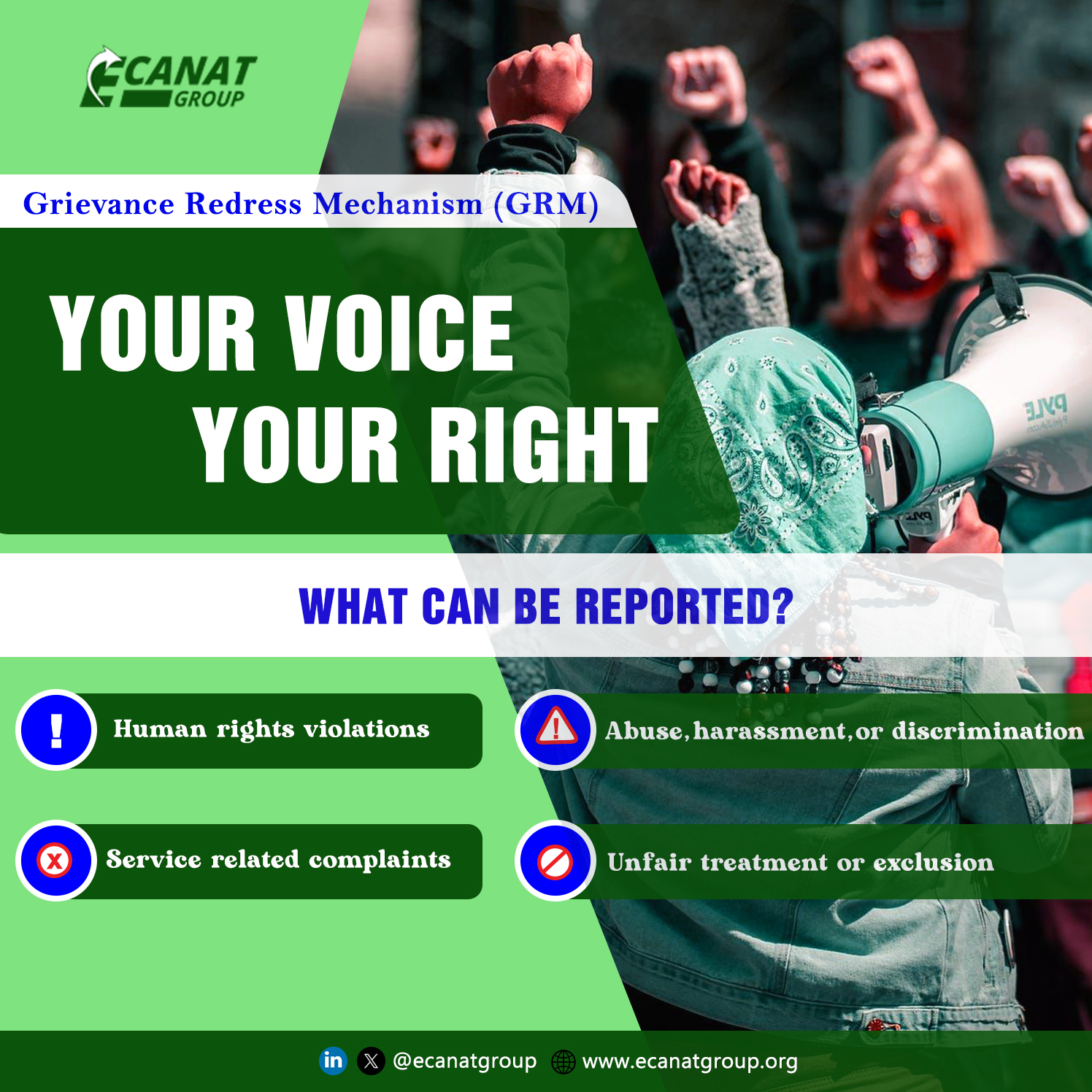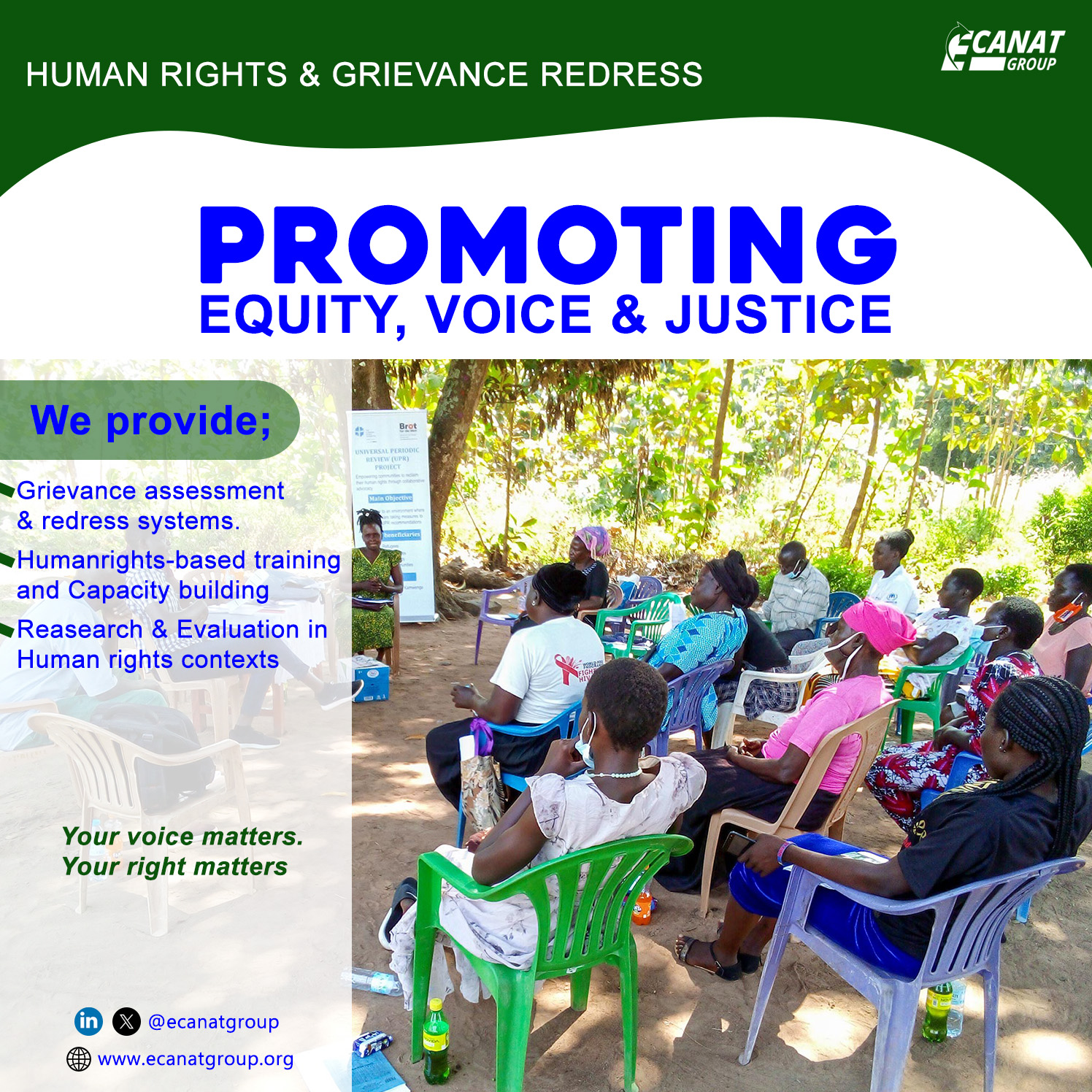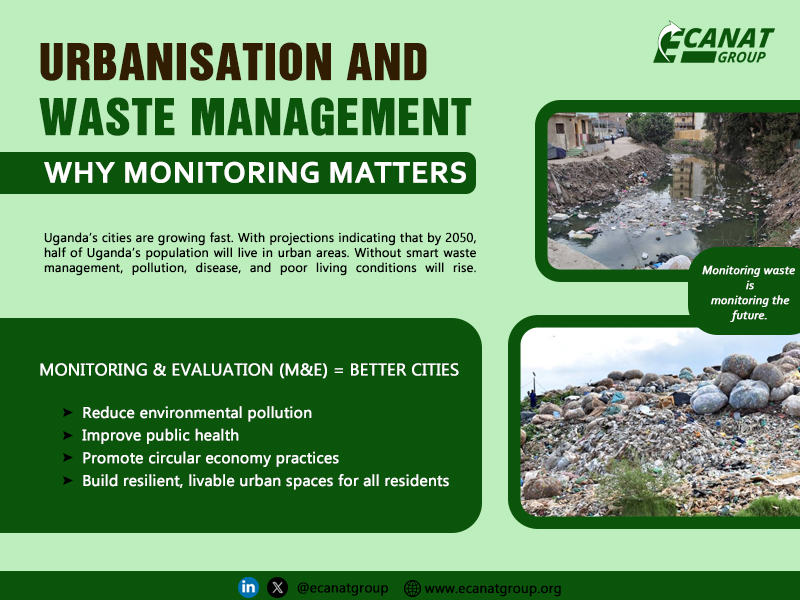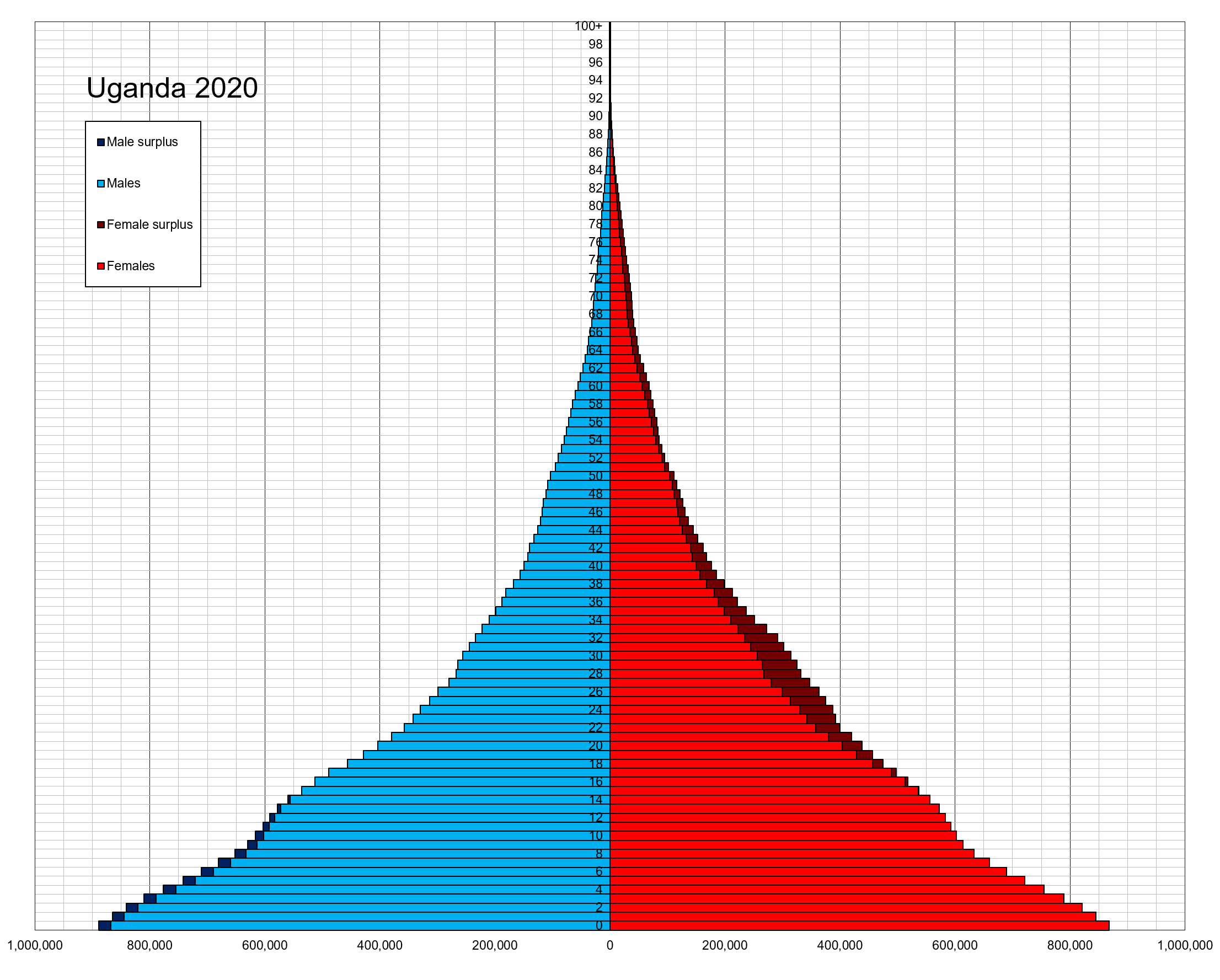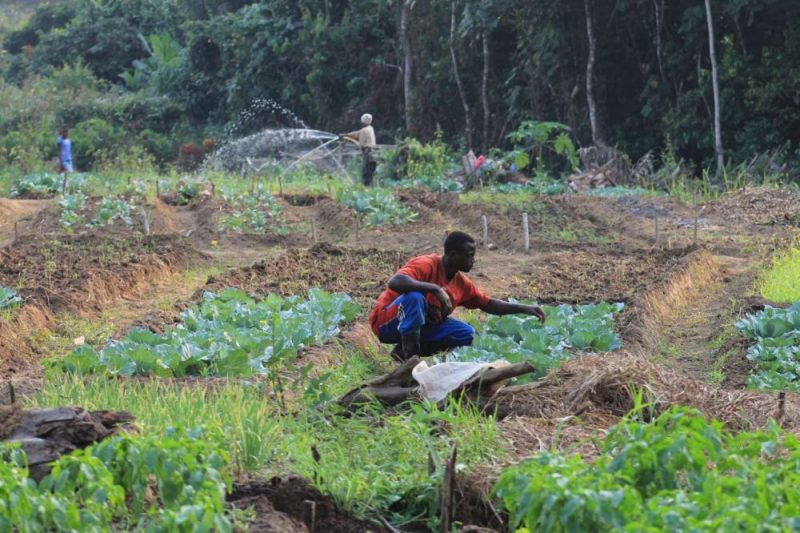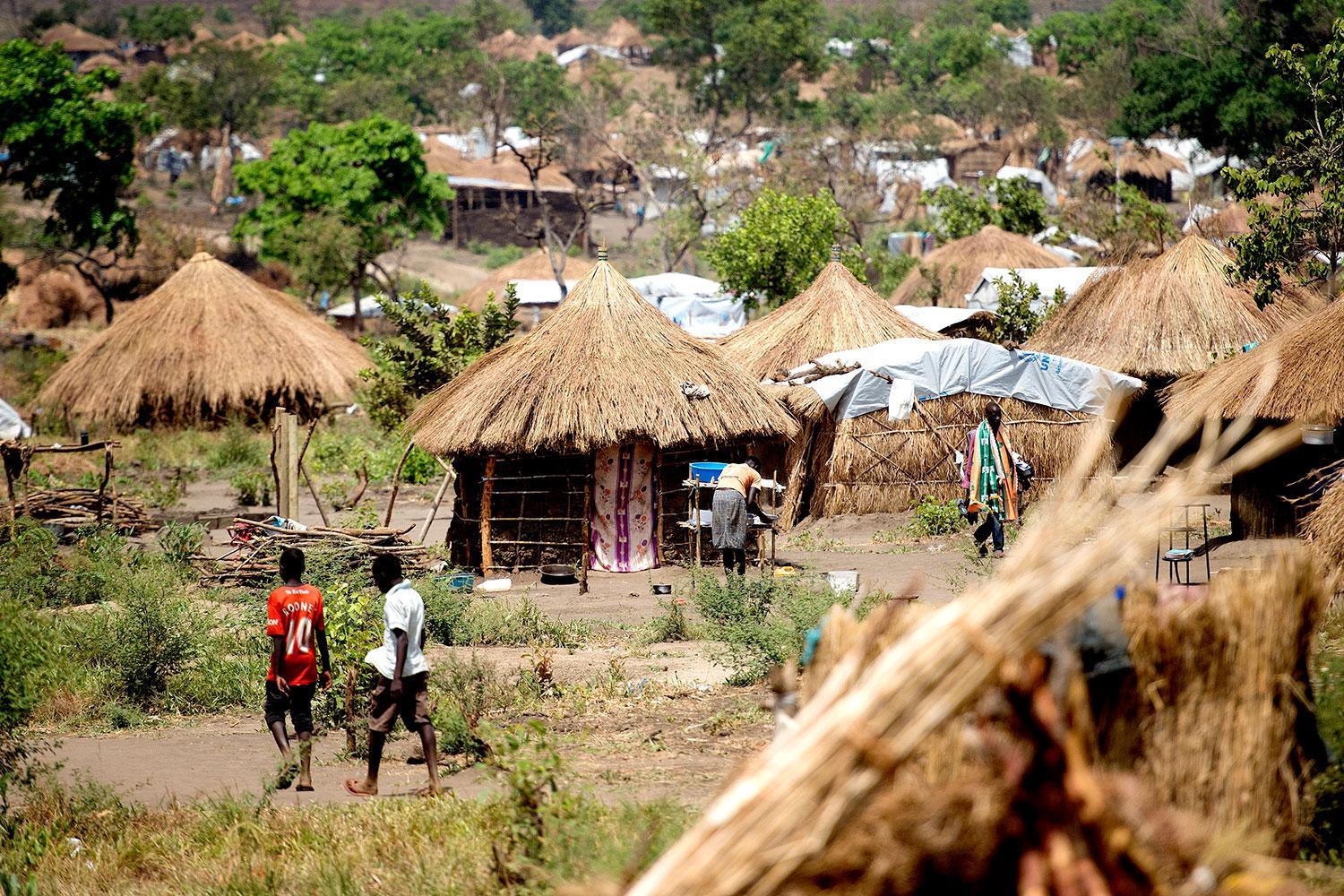
In development work, especially in rural settings, success is not only measured by outcomes like infrastructure, yields, or services—it’s also measured by trust, fairness, and inclusion. When communities feel heard and respected, projects thrive. When their concerns are ignored, even the most well-funded initiatives risk failure. This is where Grievance Redress Mechanisms (GRMs) come in—and why ECANAT Group places them at the heart of its community development approach.
Why Grievance Redress Matters
Rural communities often face barriers to expressing concerns about development projects. Language gaps, limited access to decision-makers, fear of retaliation, or lack of information can silence legitimate complaints. This leads to unresolved tensions, slowed implementation, or even project abandonment.
Grievance Redress Mechanisms are structured ways to listen, respond, and act on those concerns—ensuring that everyone has a fair opportunity to be heard and to influence what happens in their communities. But to be effective, GRMs must be more than just boxes to tick. They must be trusted, transparent, and tailored to the local context.
ECANAT’s Proven GRM Approach
At ECANAT Group, we believe in bringing community voices to the center of development—not as an afterthought, but as a driver of success. Our consultants have led GRM initiatives in complex, multi-stakeholder environments, including the Irrigation for Climate Resilience Project (ICRP) implemented by the Ministry of Water and Environment with support from the World Bank.
Under this project, ECANAT was tasked with designing and operationalizing Grievance Redress Mechanisms across multiple districts in Uganda. Our approach involved:
- Establishing Local Committees: We helped form and train Grievance Redress Committees (GRCs) at the parish and district levels, ensuring broad representation, including women and youth.
- Capacity Building: Our team conducted training sessions to equip committee members with skills in conflict resolution, reporting, and community engagement.
- Clear Complaint Channels: We created simple, accessible systems for logging complaints, including physical drop boxes, phone-based reporting, and community meetings.
- Feedback & Resolution: Every complaint was tracked with timelines for response, escalation pathways, and community feedback sessions to build accountability.
This field-based, people-first model strengthened trust between communities and implementing agencies. It also helped improve safeguard compliance, reduced conflict, and kept project activities on track.
The Human Side of Development
Grievance redress is not just a technical exercise—it’s a moral and social commitment to dignity, transparency, and shared progress. Whether it’s a farmer whose land has been impacted by a road project or a women’s group needing clarity on support programs, having a safe and reliable way to raise concerns empowers communities.
At ECANAT, we’ve seen firsthand how effective GRMs can transform relationships between stakeholders. They create space for dialogue, improve transparency, and ultimately build the foundation for sustainable development.
Looking Ahead
As Uganda and other African countries scale up infrastructure, climate resilience, and livelihood programs in rural areas, the need for strong grievance redress systems will only grow. ECANAT remains committed to helping partners design inclusive projects where no voice is left behind.
Let’s Talk
Are you planning a rural development project? Do you need support building trust and accountability with local communities? Partner with ECANAT Group for expert-led grievance redress solutions that work on the ground.


